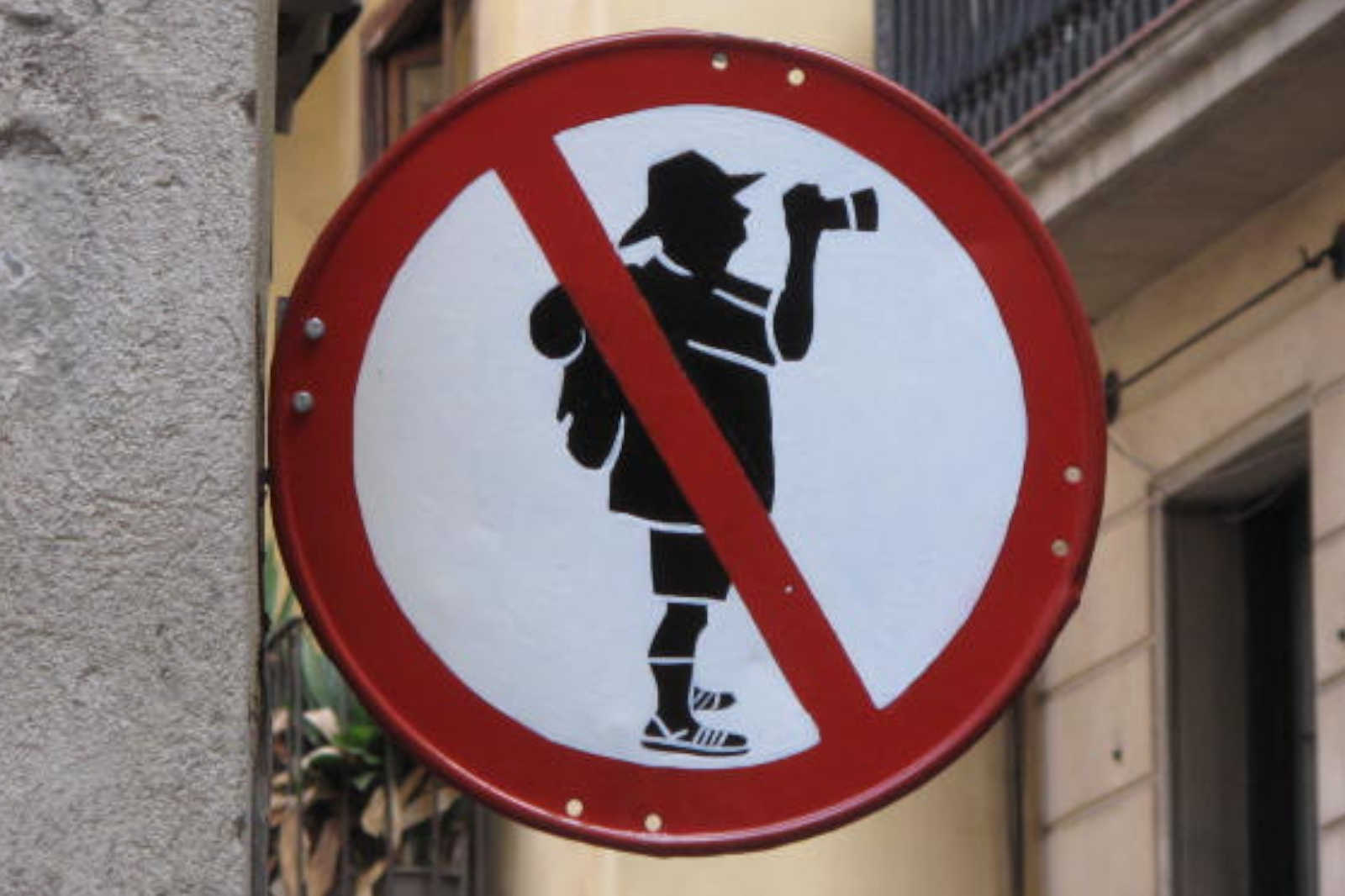Restrictions increased as tourists became a headache!
- 12/2/2024
- 454 Day

As the backlash against overtourism
continues in some parts of the world, some tourism destinations have imposed
new restrictions on tourists. Elena Myagkova from Atorus.ru wrote about the
restrictions imposed by tourism destinations on tourists.
Italy is leading in the number of new measures to
combat overtourism. Next year in Rome they plan to limit the flow of tourists
to the famous Trevi Fountain and provide access to this attraction for 1-2
euros.
Venice will extend the entry tax for day visitors in
2025, increasing the number of days tourists will have to pay to enter the
city. Next year, the payment system for entering the city's historic district
will be reintroduced from April 18, and until July 27, money will be collected
from tourists who do not stay overnight in the city on Fridays, Saturdays,
Sundays and holidays. For those who book
their entrance ticket within 4 days of their planned trip, the fee will
increase from 5 euros to 10 euros.
Ticket prices in Pompeii will not be increased yet,
but the flow of tourists will be limited. Since November 15, the archaeological
park has a daily limit of 20,000 visitors, and tickets have been personalized
to combat resellers.
The number of visitors on the Love Road tourist route
in the popular holiday destination Cinque Terre has also been limited. Only 400
people per hour are now allowed on the road. Only 100 visitors are allowed
every 15 minutes. An entrance fee will be charged in high season. The entrance
fee is currently under discussion.
Florence, the jewel of the Italian Renaissance, has
become the first Italian city to ban new short-term rentals in its historic
center. The ban was introduced after the number of tourist accommodations in
the UNESCO-protected historic district increased by more than 700 percent in
2019 to more than 12,000.
The Belgian city of Bruges will follow in Florence's
footsteps and ban new rentals from Airbnb from the 2025 high season after
residents complained of overcrowding. The move is seen as a measure to better
manage the significant influx of tourists.
The city of Palma de Mallorca, capital of the Spanish
island of Mallorca, is increasing penalties for urinating or spitting in the
city, among other things. The new rules stipulate a fine of up to 750 euros if police
catch a person urinating or spitting on the street.
Drinking on the beach and on the street has long been
banned in some parts of Mallorca: a violation costs up to 1.5 thousand euros.
Now the rules for minors to drink alcohol in public have also become stricter.
Legal guardians will face fines of up to 1.5 thousand euros.
And that's not all. The maximum number of people in a
tour group cannot exceed 20, including the guide. Scooter, bicycle or Segway
tours are limited to four participants. Loudspeakers and megaphones will also
be banned. Gambling in public places is also strictly prohibited. Failure to
comply with this requirement could result in fines ranging from 31 to 450
thousand euros. The new measures will take effect from February 2025.
Catalan authorities have announced plans to rid
Barcelona of 10 thousand tourist rental properties in the next 5 years. The
city has not issued new licenses since 2014, but this has done little to stem
the housing crisis as local residents say they cannot find affordable housing.
In Tenerife, Canary Islands, new rules regulating
hiking to the top of the Teide volcano have come into force. This is the
highest point in the Atlantic Ocean and Spain, at 3718 m high.
Climbing Mount Fuji in Japan will also become more expensive.
From summer 2025, Shizuoka prefectural authorities will increase the fee for
climbing the iconic mountain from ¥3,000 to ¥5,000 as part of efforts to combat
overtourism.








